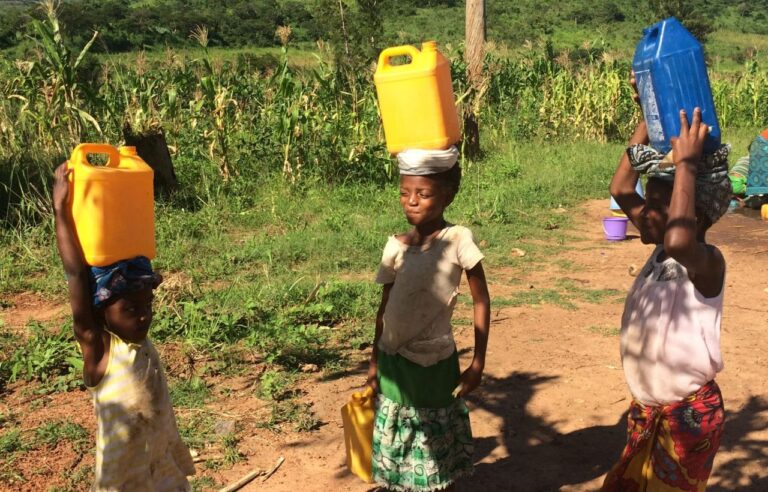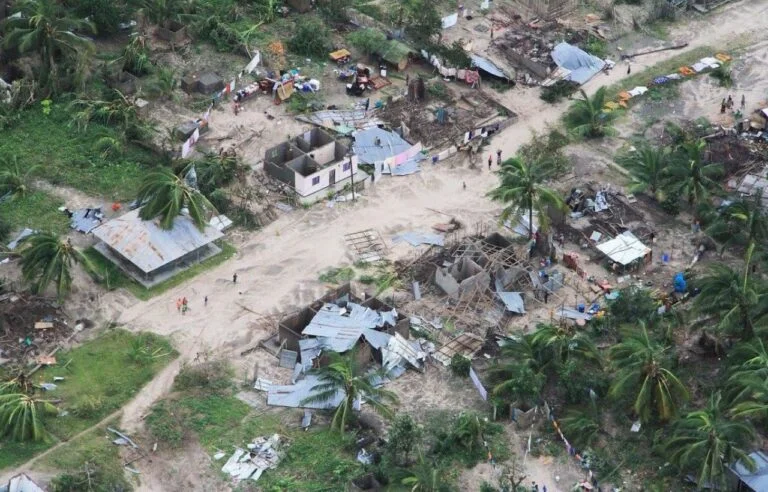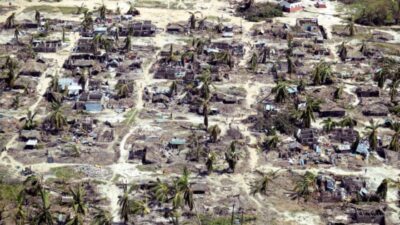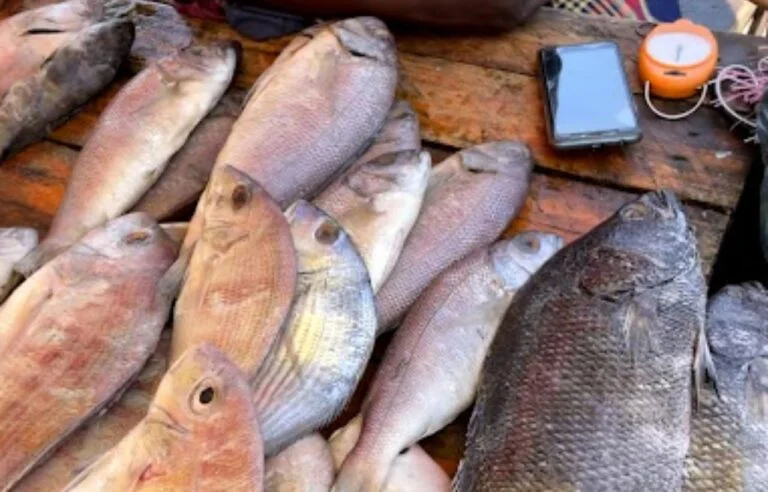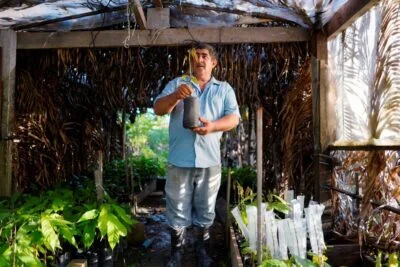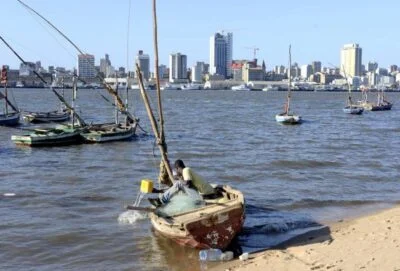Unlock the value of data to deliver effective WASH services in rural Mozambique
Water, sanitation and hygiene is one of the main challenges communities, government entities and civil society organizations are trying to address in Mozambique. With increasing climate variability as a result of the intensification of global warming, local communities are experiencing mass disruption in their livelihoods. First, there are experiencing food shortages as a result of cyclical and prolonged droughts, particularly in the southern and central regions of Mozambique. Second, frequent floods are forcing mobility and displacement of communities, mostly in the central provinces of Manica, Sofala and Zambézia.
These two factors have direct implications in the availability, access and use of water, which then affects the state of hygiene and sanitation across the communities. All these issues combined are hampering the efforts to tackle poverty while also exacerbating the costs of public health, which is already limited in rural Mozambique.
While significant effort has been made to address the problem at various levels of governance and decision making, the challenges still persist. On one hand, the ability to implement initiatives that are resilient to the increasing threats of climate change and variability; and on the other hand, building infrastructures that can respond to the local socioeconomic dynamics, such as demographics and rapid urbanization.
Often the solution to the ongoing WASH crisis is singled out to finances. Yet, the availability of financial resources might not be enough to solve the WASH dilemma. A coordinated approach, centered in the use of local resources is needed, including a strong involvement of the communities through capacity building. So, what are the alternatives?
The framework for implementation of scalable WASH solutions in Mozambique should take into account data and information. Lack of local reliable data could hamper efforts to effectively address long term WASH challenges.
Data from Chibabava district in Sofala province gives us some insights of the prevalence of WASH problems. The data was collected in 2019 by the Associação de Mulheres para Desenvolvimento Comunitário (AMPDC) as part of the post Cyclone IDAI Assessment in some villages across the district. Using a short version of the WASH Needs Assessment Toolkit, AMPDC captured valuable information which was used to address immediate project goals.
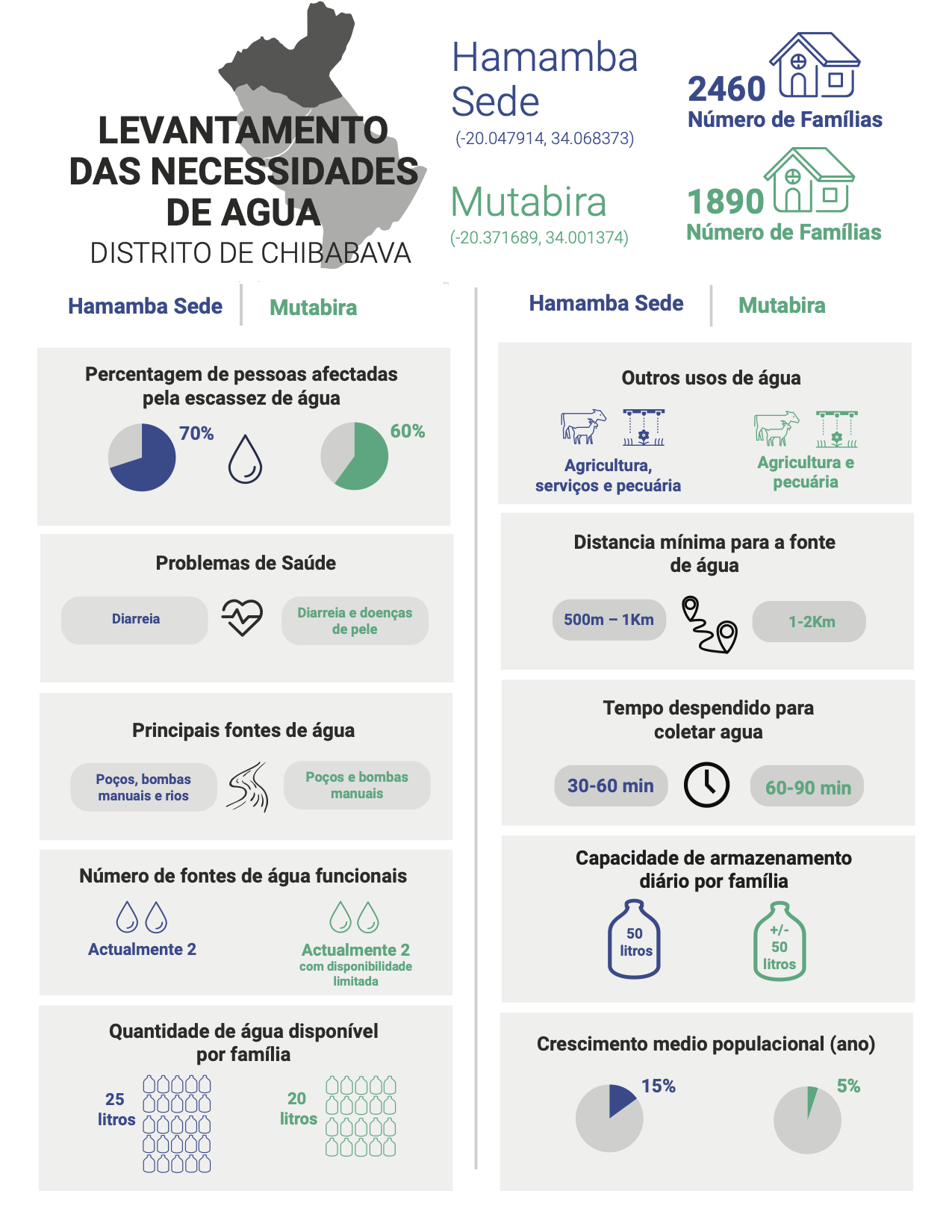
Data4MOZ has used the same dataset and integrated geospatial insights, using Global Water Crisis data layers to visualise the current level of water stress and groundwater availability in the region. Using Esri tools, we characterized Chibabava district according to the degree of water stress as well as the groundwater recharge. Countrywide, the degree of water stress varies from “Low Stress to No Stress”. However, Chibabava district is located in an area currently considered of low stress. Yet, with the effects of global warming already seen through extreme and prolonged droughts in the region, water availability is likely to exacerbate in the next decades.
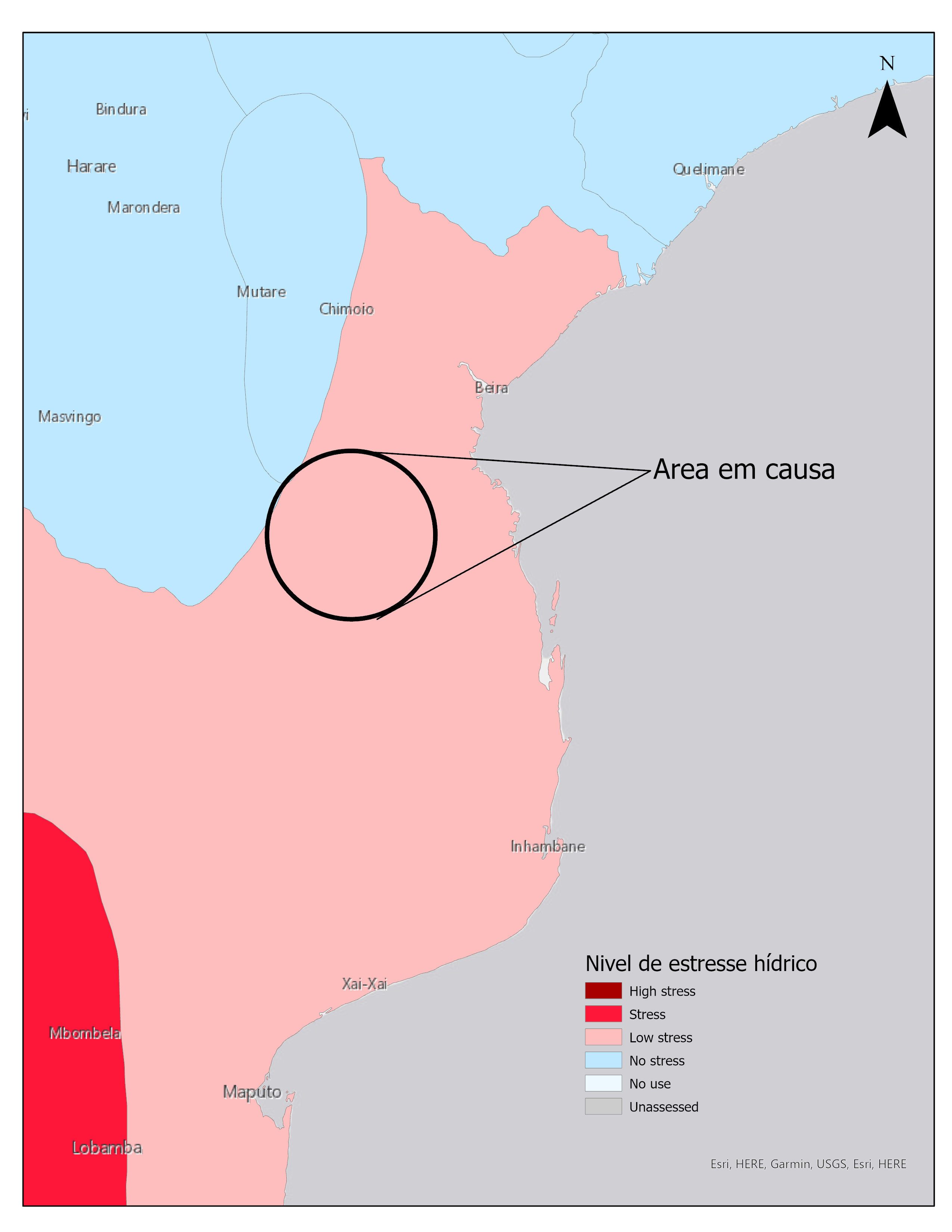

The complexity of geological structures that extends throughout the central and southern parts of the country, poses significant changes to the development of water supply systems that are based on groundwater intakes. Such complex geological structure exacerbates the costs of water infrastructure provision and therefore, making the current investments on WASH inadequate and vulnerable as the climate continues to change.
So, how should the WASH data be capitalized?
To guide such a complex framework, we advance some ideas that can be explored and improved across some WASH initiatives in rural Mozambique.
- Develop a structure that incentivizes stakeholder engagement: create mechanisms to maximize the use and reuse of data by fostering collaboration with other stakeholders working with local development initiatives. Such approach could engage stakeholders in working together to identify new opportunities and effectively target the right issues;
- Encourage and promote data reuse and sharing: collaboration between stakeholders, including local communities will allow the data to be repurposed and shared for decision making (locally, regionally and nationally).
- Nurture and train data stewards at local level: transparency and better understanding of the data will enable all stakeholders to unlock the real value of the data. In this case data stewardship should be centered around the communities to ensure that the framework of benefit sharing does not leave anyone behind.
Notes: the average growth rate of Mozambique is around 2.98%. However, in 2019 and 2020 Chibabava district registered an influx of IDPs relocated from the areas affected by cyclone IDAI. Most of the IDPs resettled in Chibabava district, have been placed across the Hamamba administrative post. It is estimated that, the influx of new people had contributed in about 15% and 5% increase of the total population in Hamamba and Mutabira respectively. The number of household surveyed were randomly selected across the two locations.
Sources: AMPDC Needs Assessment Survey 2019 Chibavava, SDAE, Esri ArcGIS Online

